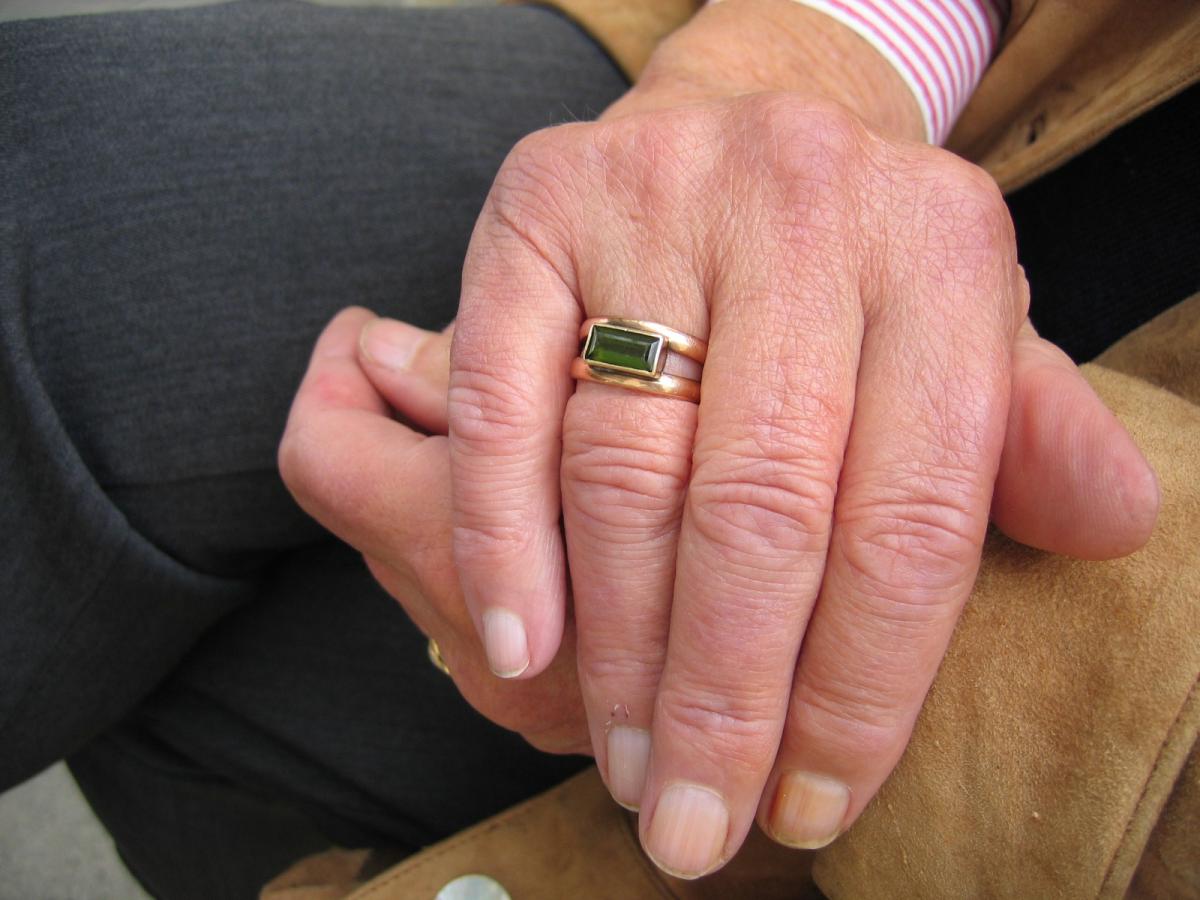
The independent South Australian Law Reform Institute (SALRI) based at the University of Adelaide is inviting views from the community and interested parties as part of its independent review of the state’s laws regarding the safeguarding of vulnerable adults.
“The South Australian Law Reform Institute is reviewing the present law in relation to protecting adults from abuse under the Ageing and Adult Safeguarding Act 1995,” said the Director of the SA Law Reform Institute, the University of Adelaide’s Professor John Williams.
“SALRI places a high priority on active and inclusive consultation, especially regional and rural and Aboriginal communities. We are interested in understanding how the current laws works in practice.”
The Office for Ageing Well and the Adult Safeguarding Unit (ASU) were established under the Act. The ASU currently receives and responds to reports of suspected abuse made to the Adult Safeguarding Unit Phone Line.
“The ASU was intended to fill the service gaps in service response by providing a service to respond to reports of abuse against certain vulnerable adults,” said Dr David Plater, Deputy Director of SALRI.
“The unit is currently limited to responding to reports concerning adults aged 65 and over, Aboriginal adults aged 50 and over, and all adults with a disability but in October 2022, will be able to respond to reports concerning any adult experiencing abuse.”
SALRI will consult with the community during visits to regional South Australia:
- Port Pirie and Port Augusta on Thursday 19 and Friday 20 May (Interested parties are welcome to meet the SALRI team at the UniHub in Port Pirie on Friday 20 May, 9-10.30 am)
- Berri on Friday 27 May, 9-11am in the Riverview Lounge at the Berri Hotel
- Whyalla on Friday 3 June
- Port Lincoln on Tuesday 14 and Wednesday 15 June
- Mount Gambier on Wednesday 22 and Thursday 23 June
SALRI will also be hosting various consultation roundtables for invited stakeholders in metropolitan Adelaide including a community consultation session.
Details of the locations of the sessions will be finalised closer to the dates of each one.
The SALRI team, including Dr David Plater and researchers Anita Brunacci, Olga Pandos and Divya Narayan will be speaking to a range of interested community members, practitioners and community organisations in the regional locations.
“SALRI is interested in people’s views on issues like what factors makes an adult more ‘vulnerable’, and how abuse should be defined in the Act,” said Ms Narayan.
“We are committed to an active and inclusive consultation process, especially with regional and Aboriginal communities. SALRI will consult with older South Australians, the disability sector and culturally and linguistically diverse communities.
“These are complex issues but the views of the community are crucial to understanding if the Act is operating effectively.”
After the consultation process, SALRI will review the submissions received from interested parties, government bodies and organisations, and make recommendations on ways to improve the Act. These improvements could relate to the Act, policy, or practice. SALRI’s report will be tabled in parliament and the South Australian Government will decide what actions, if any, to take.






